The discussion of gender identity in the United States is intensifying, influenced by a complex web of social, political, and cultural factors. Here is a more provocative examination of the factors contributing to the current state of the debate.
1. Rise of Non-Binary Identities

The visibility of non-binary identities has surged, challenging traditional gender norms and provoking fierce debates about the legitimacy of genders beyond the binary. Critics argue this trend undermines societal norms and complicates legal and social structures.
2. Social Media’s Role
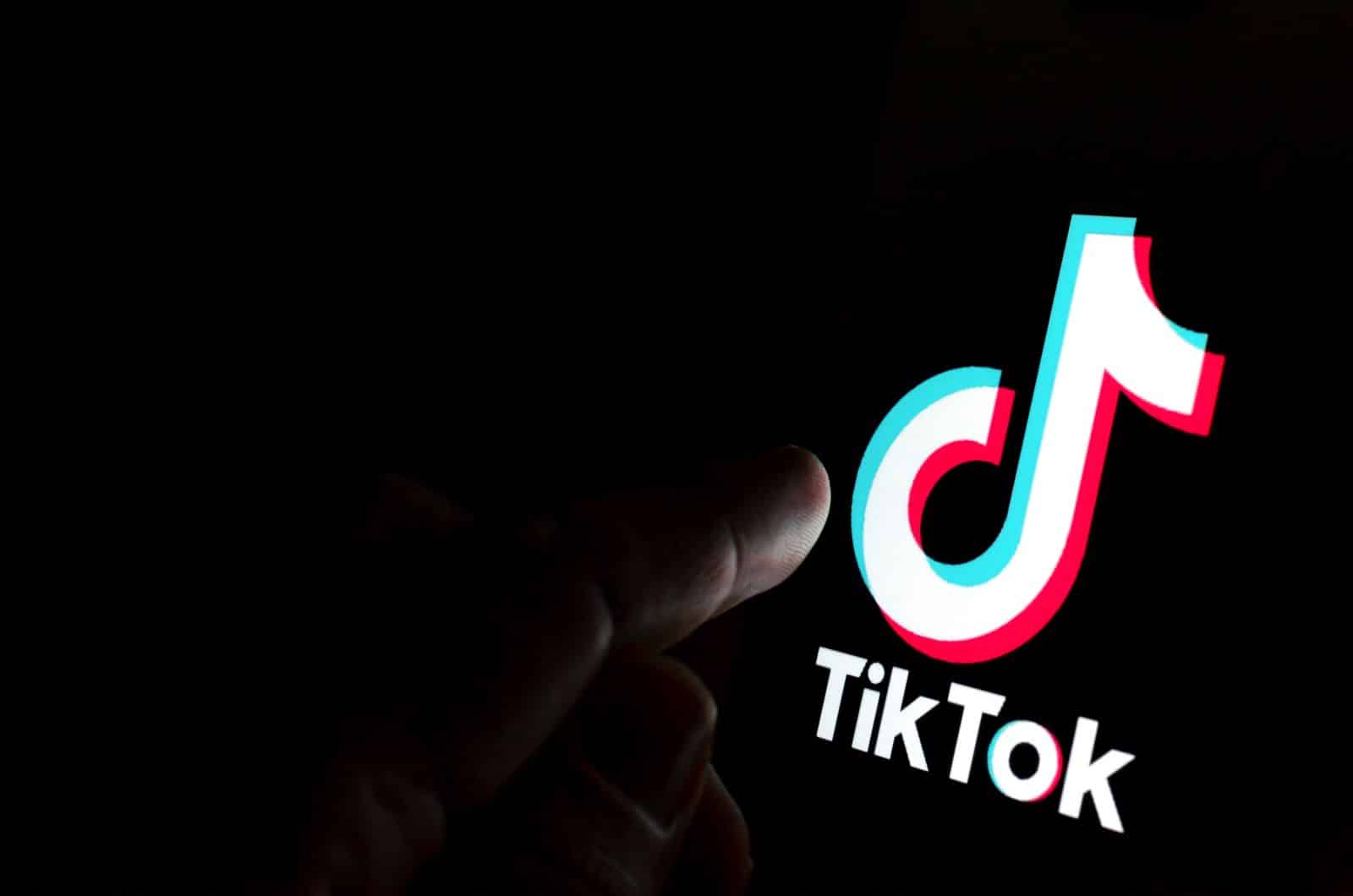
Platforms like TikTok have popularized the concept of custom gender identities, leading to what some describe as the “infinite genders” phenomenon. This has sparked intense backlash from those who view these emerging identities as fleeting social trends rather than legitimate identities.
3. Link Between Autism and Transgender Identity
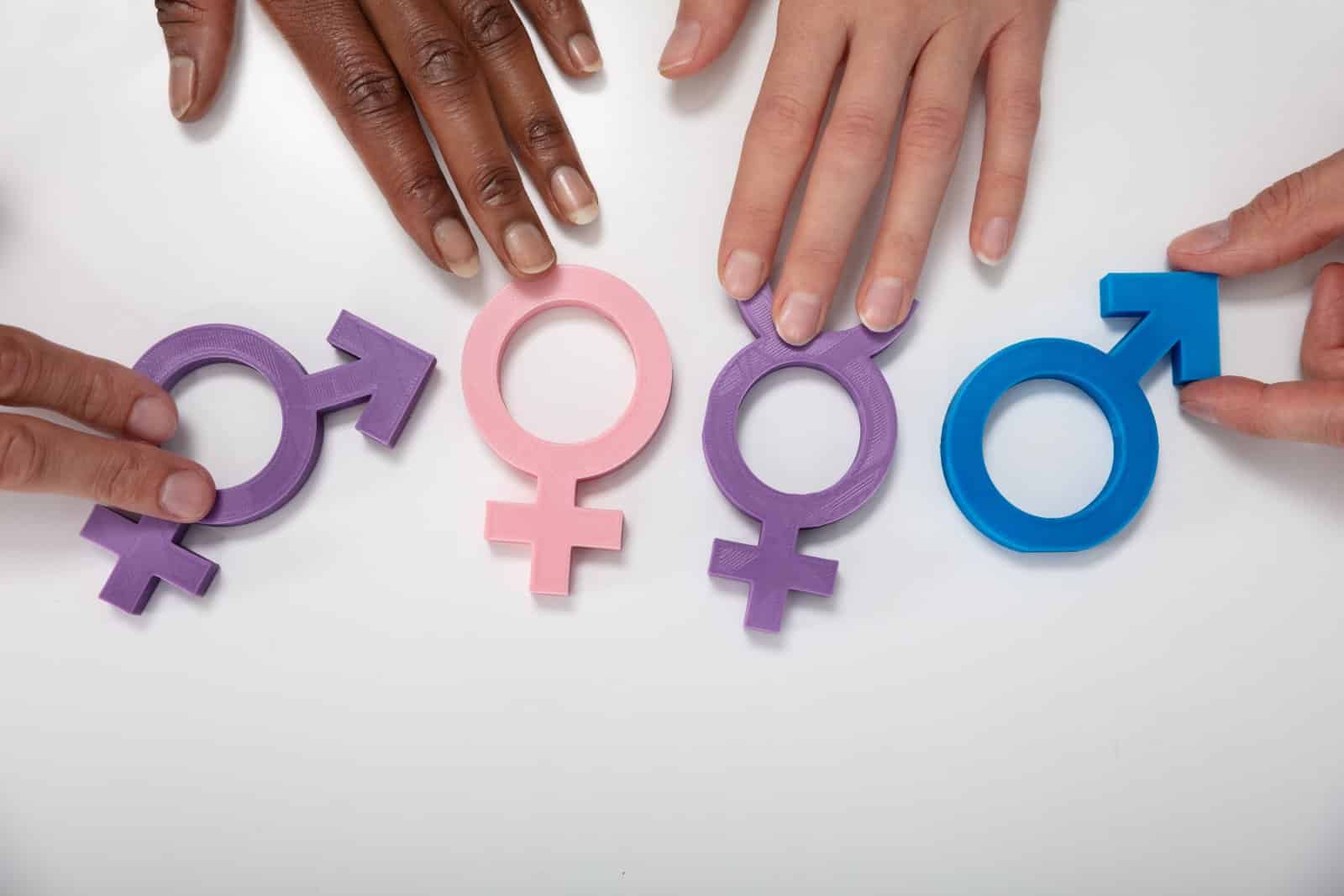
Research suggesting a higher prevalence of gender diversity among autistic individuals has fueled contentious discussions. Detractors often use this link to question the authenticity of transgender identities, suggesting they are misdiagnosed or psychologically driven anomalies.
4. Political Weaponization
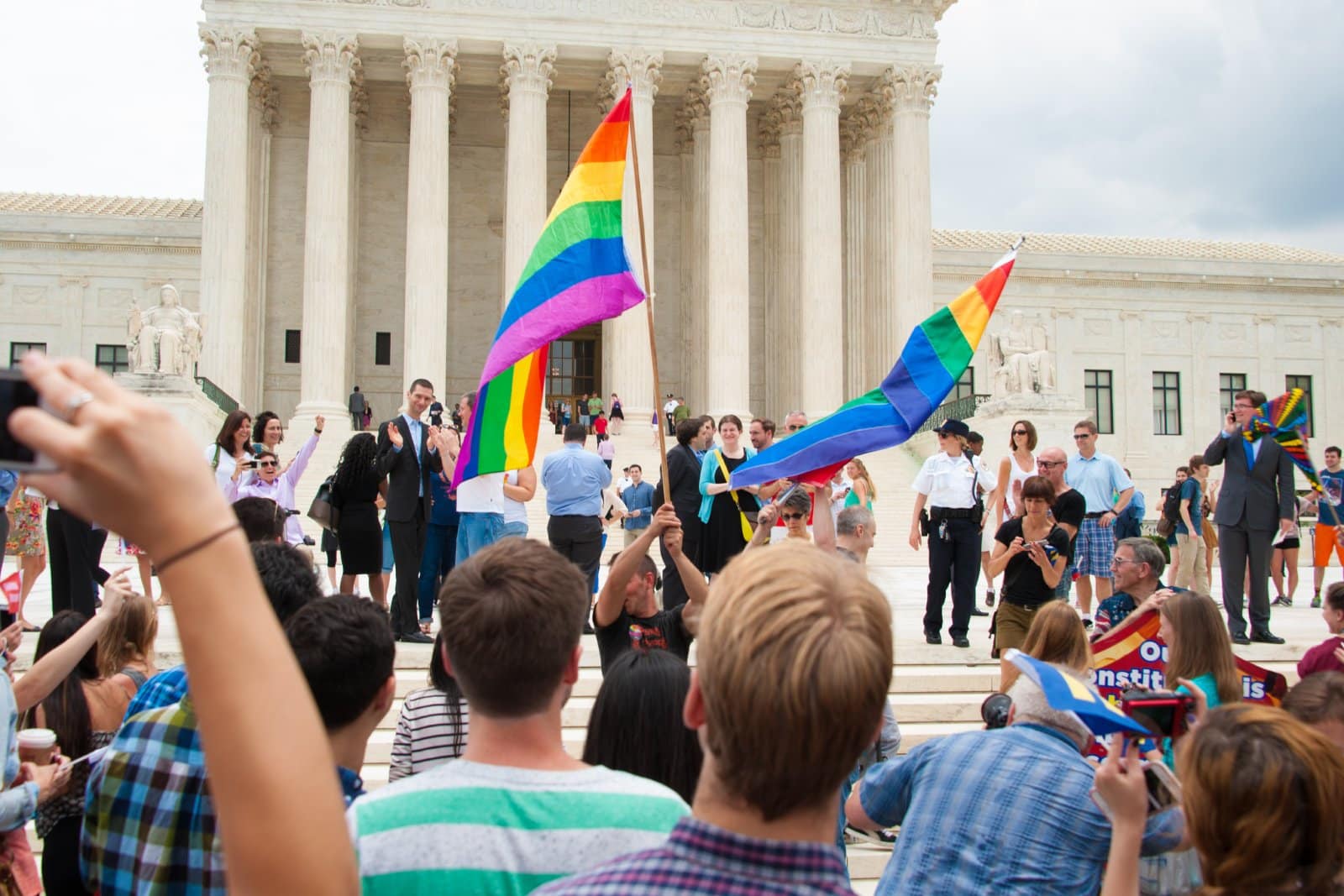
Gender identity has become a potent tool in political rhetoric, with parties using it to rally their bases by either advocating for absolute inclusivity or defending traditional gender norms. This polarizes public opinion and stymies nuanced discussion.
5. Educational Controversies

Inclusion of gender identity in educational programs has sparked accusations of indoctrination against schools. Opponents argue that exposing children to complex gender theories could confuse young minds and challenge parental rights.
6. Religious Opposition

Many religious groups have fortified their opposition to transgender rights, framing them as a moral crisis. They argue that expanding gender identities directly contradicts religious teachings and threatens the moral fabric of society.
7. Economic Impact

The push for transgender rights has economic implications, particularly in sectors like healthcare and employment. Critics argue that the economic costs of accommodating non-binary and transgender individuals in workplaces and insurance plans are unsustainable.
8. Celebrity Influence

Celebrities championing transgender causes have both raised awareness and attracted criticism for sensationalizing the issue. Skeptics accuse them of trivializing complex debates for publicity and influencing vulnerable youth.
9. Rise of Gender Clinics

The proliferation of gender clinics has been met with both praise for increased accessibility and criticism for rapid medical interventions. Critics argue that these clinics too quickly push medical transitions without adequate psychological evaluation.
10. Legal Complexities

The legal recognition of a spectrum of gender identities challenges existing laws and bureaucratic systems, from passports to public restrooms. This has led to legal battles and legislative pushbacks aiming to preserve binary gender norms.
11. Sports Controversies
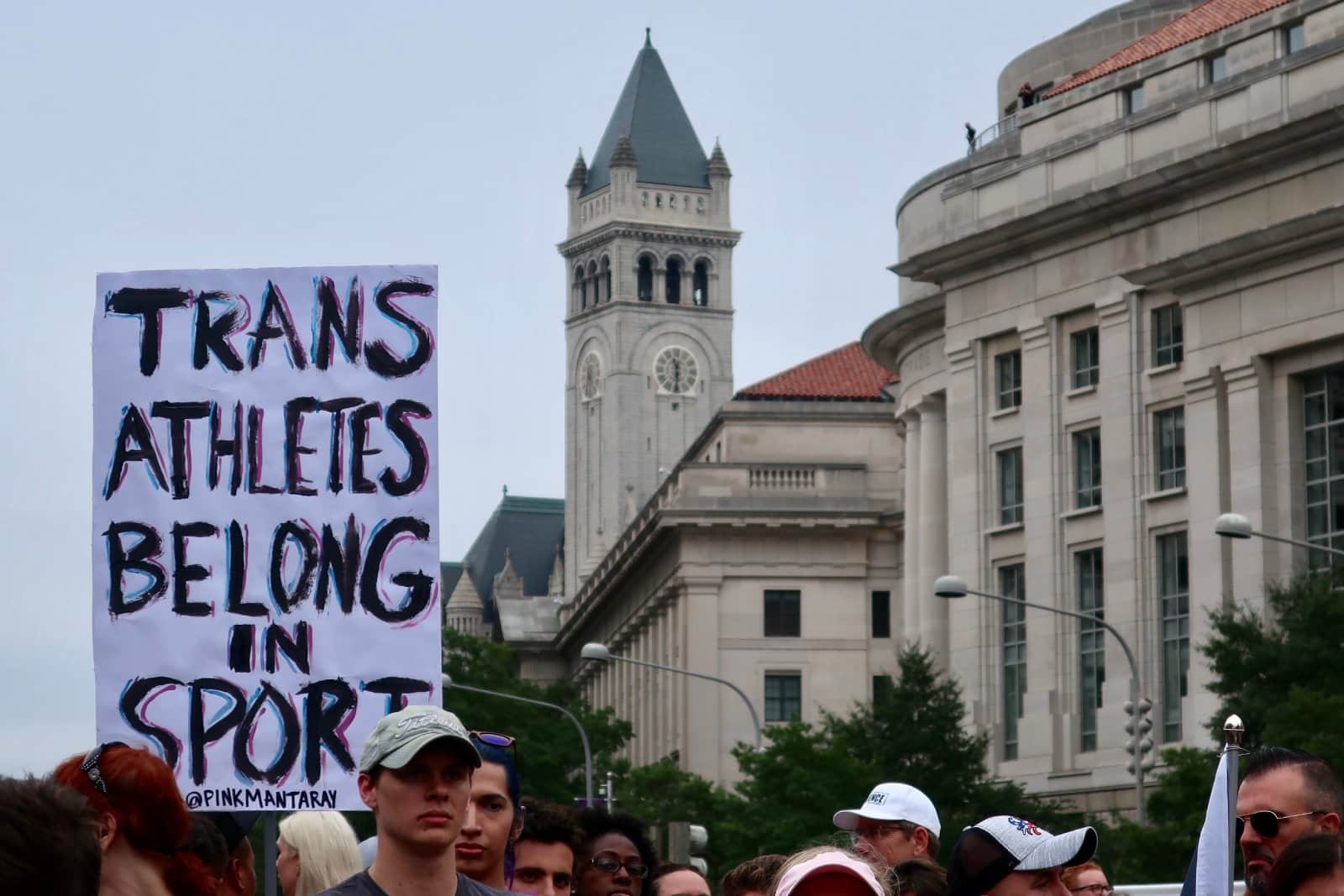
The inclusion of transgender athletes in sports corresponding to their gender identity has ignited fierce debates about fairness and physical advantage. Critics argue that it disrupts the integrity of women’s sports by allowing biologically male athletes to compete in women’s events.
12. Public Discourse Degradation
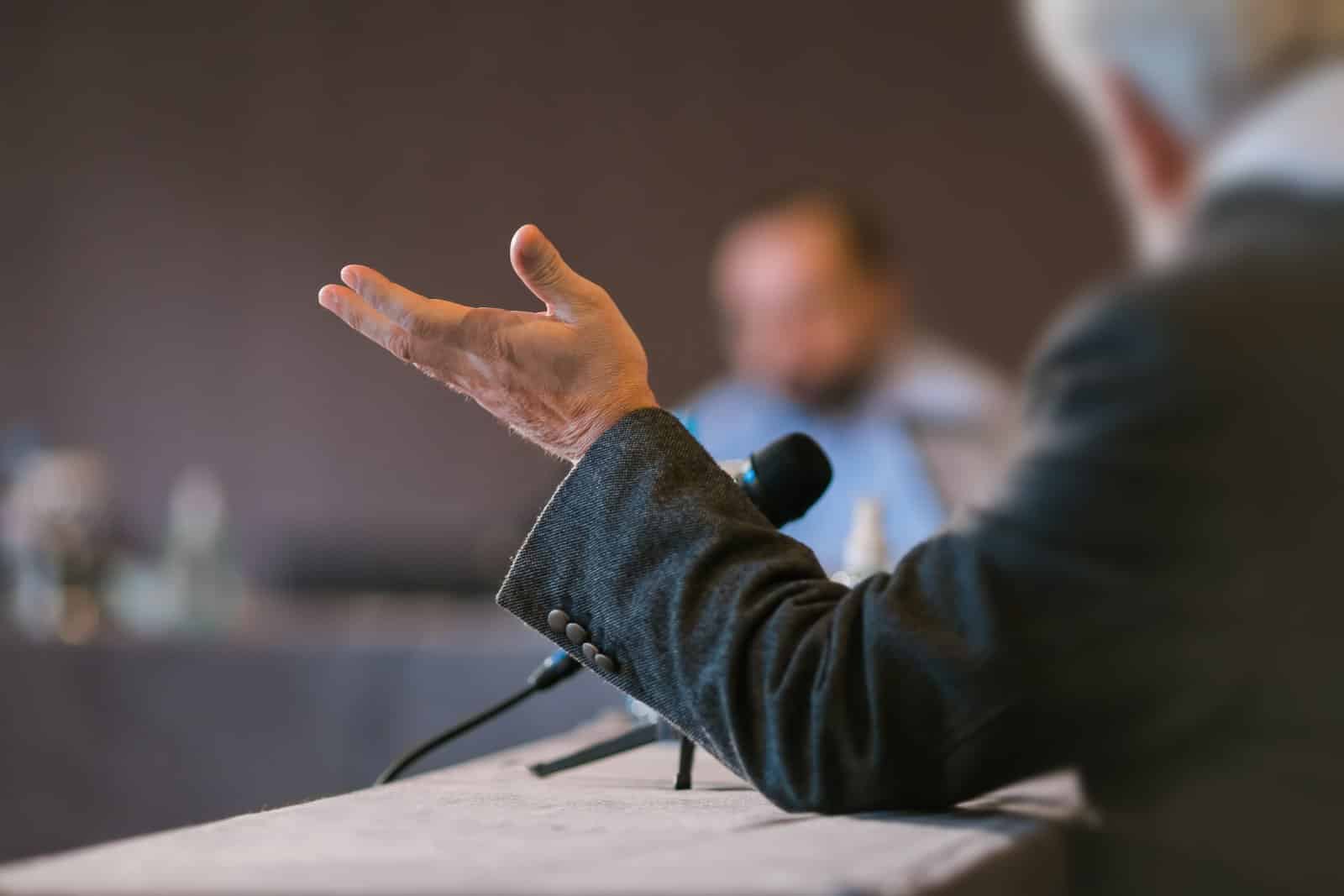
The debate over gender identity often descends into vitriolic and unproductive exchanges, polarizing society. This erosion of civil discourse is seen by some as a degradation of societal values and respectful debate.
13. Psychological Stress

The focus on gender identity is claimed to impose psychological stress on individuals struggling with their gender, with detractors arguing it encourages unnecessary questioning among the youth. This is often cited as a cause for increased mental health issues among teenagers.
14. Academic Freedom

Discussions about gender identity have led to controversies over academic freedom, with some educators facing backlash for how they address or fail to address these topics. Critics argue that the academic push to embrace a wide spectrum of identities stifles free speech and critical thinking.
15. Global Influence

International movements towards recognizing diverse gender identities influence U.S. policies and culture, but also provoke backlash from those advocating for national sovereignty over cultural norms. Critics view this as an imposition of globalist views over traditional American values.
16. Healthcare Debates

Healthcare for transgender individuals, particularly minors, has become a flashpoint, with opponents arguing that the long-term effects of hormone treatments are not well understood. They contend that the medical community is experimenting on vulnerable populations without sufficient oversight.
17. Parental Rights
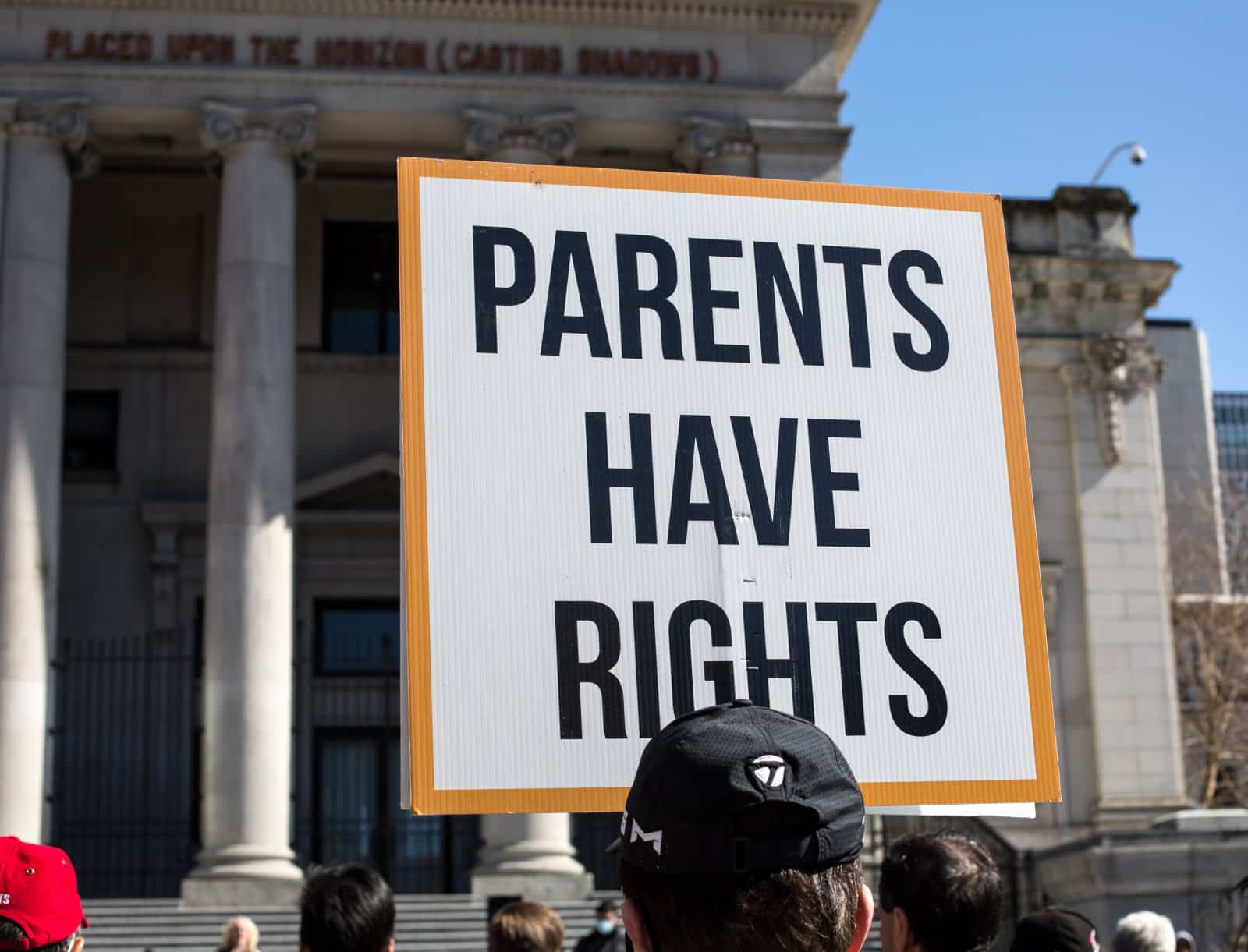
The rights of parents over the education and medical treatment of their children regarding gender identity have become a heated issue. Many argue that parental rights are being overridden in favor of an agenda that supports transitioning at younger ages.
18. Rise of Detransitioners

An increase in individuals who regret and reverse their transitions has fueled arguments against early transition encouragement. Critics use these cases as evidence that the push for acceptance is moving too quickly and without adequate caution.
19. Gender and Crime

Discussions about transgender individuals in prisons and the rights to self-identify in such environments raise safety and ethical concerns. Critics argue that allowing individuals to choose facilities based on gender identity rather than biological sex poses security risks.
20. Data Collection Issues

The push to include more gender options on official documents complicates data collection and analysis, impacting everything from public health to economic forecasting. This has led to arguments that the movement complicates more than it clarifies.
21. Cultural Shifts
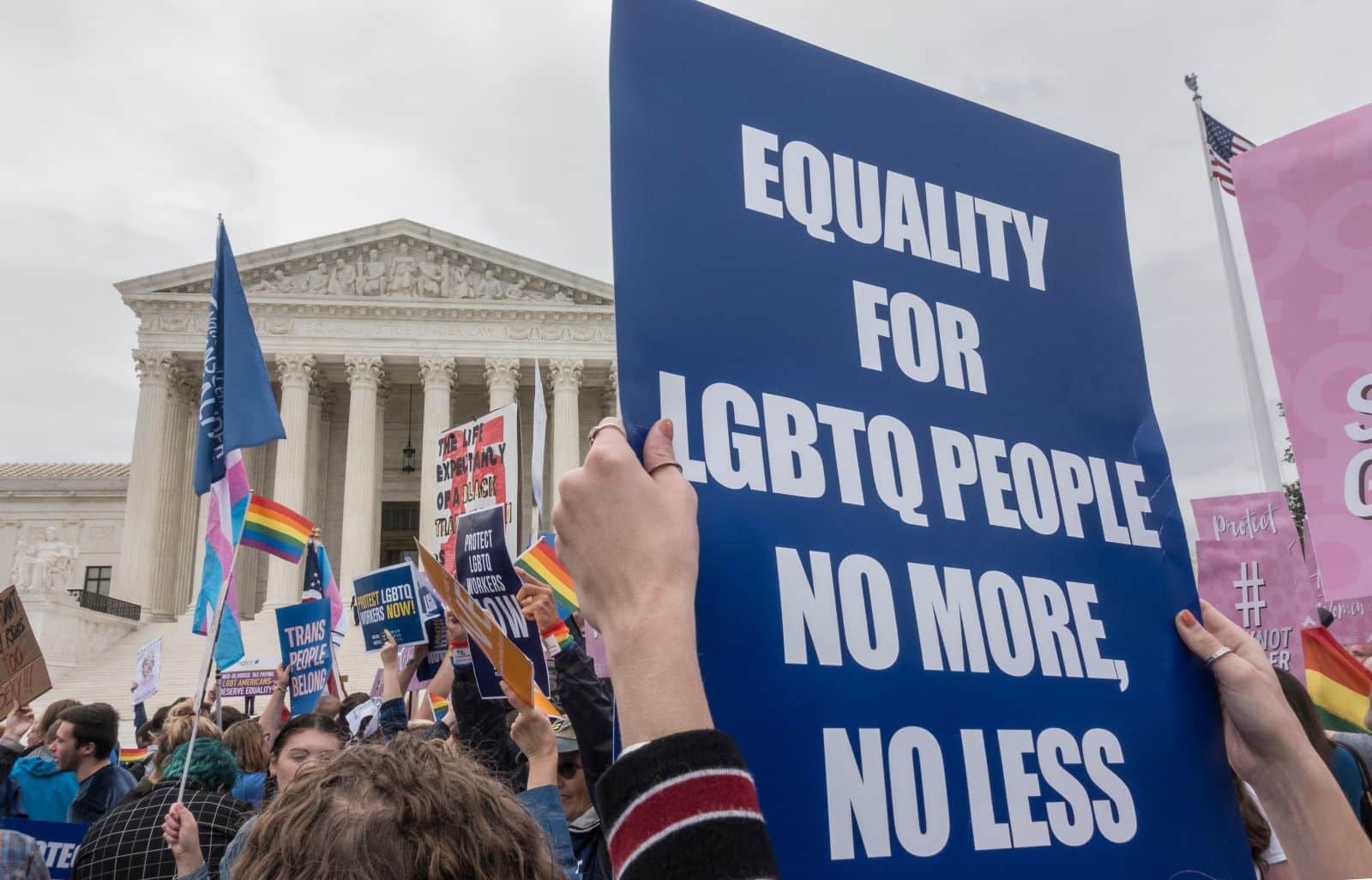
The rapid cultural shift toward accepting a spectrum of gender identities is seen by some as eroding traditional values that have guided societies for centuries. Critics argue this destabilizes social norms and leads to broader cultural confusion.
What Does the Future Hold?

The debates surrounding gender identity in America are deeply entrenched and multifaceted, reflecting broader societal tensions about change, tradition, and individual rights. How these discussions evolve will significantly shape the future of American social policy and cultural norms.
The post 21 Reasons for America’s Gender-Identity Crisis first appeared on Pulse of Pride.
Featured Image Credit: Shutterstock / Dmytro Zinkevych.
For transparency, this content was partly developed with AI assistance and carefully curated by an experienced editor to be informative and ensure accuracy.

